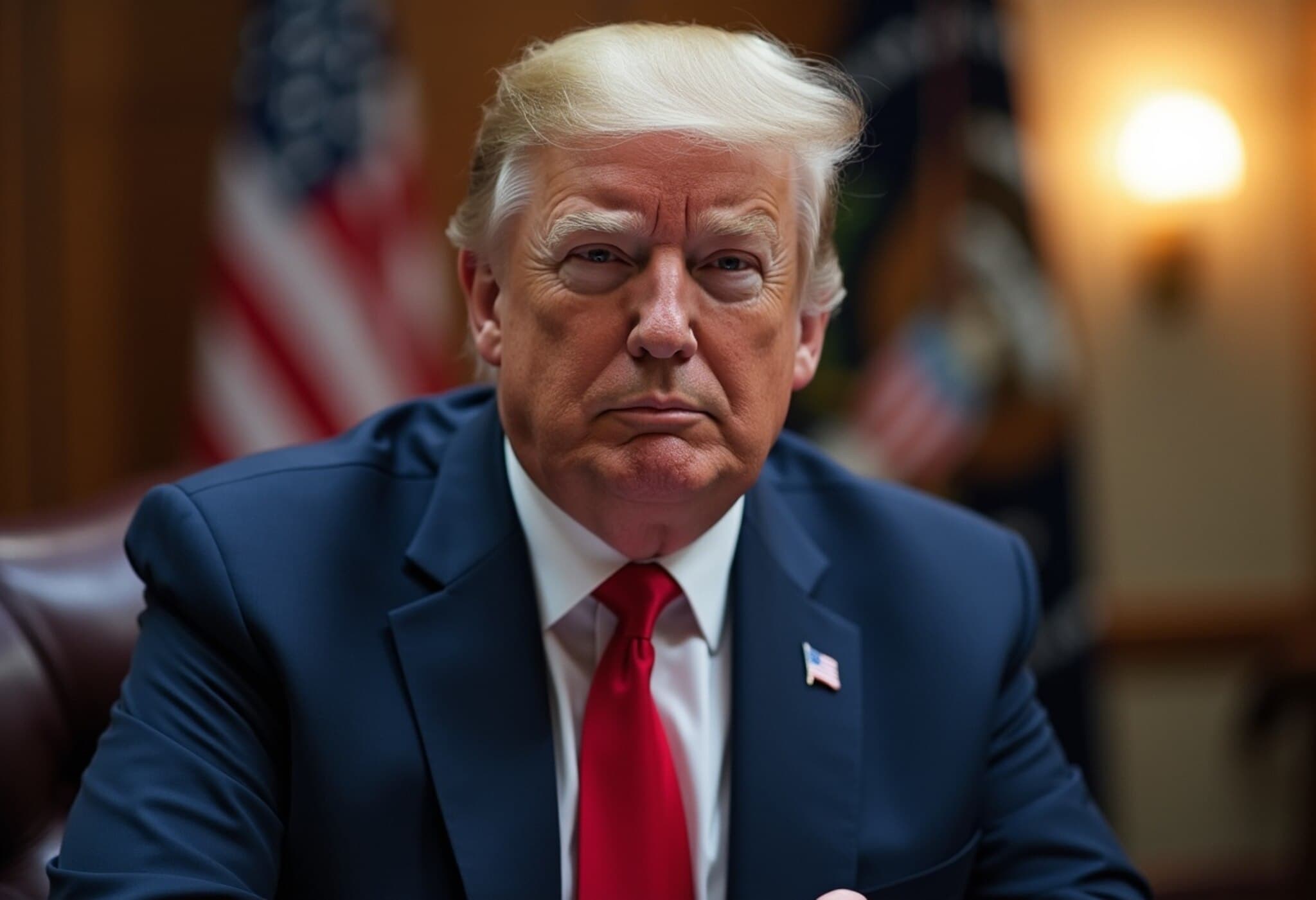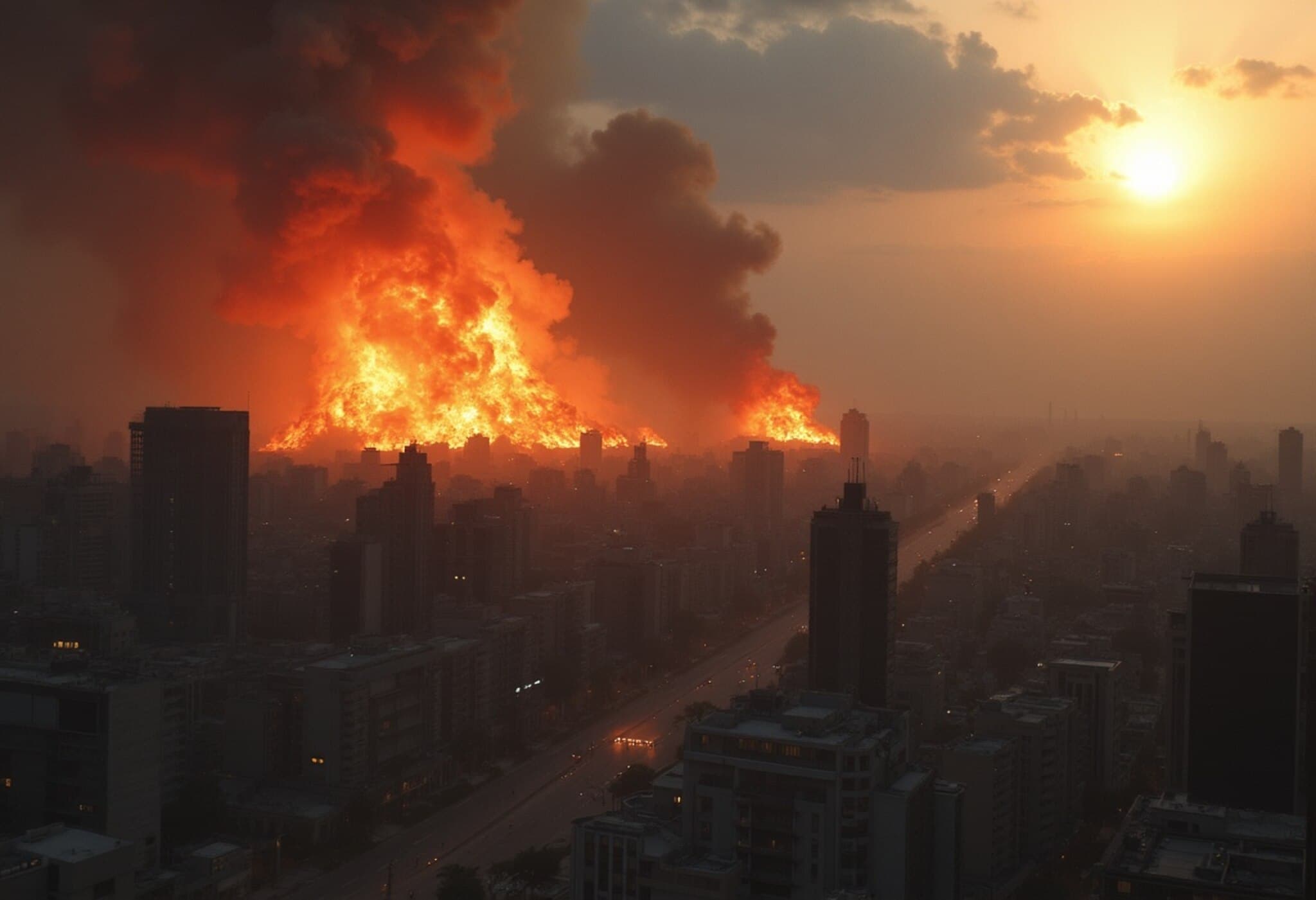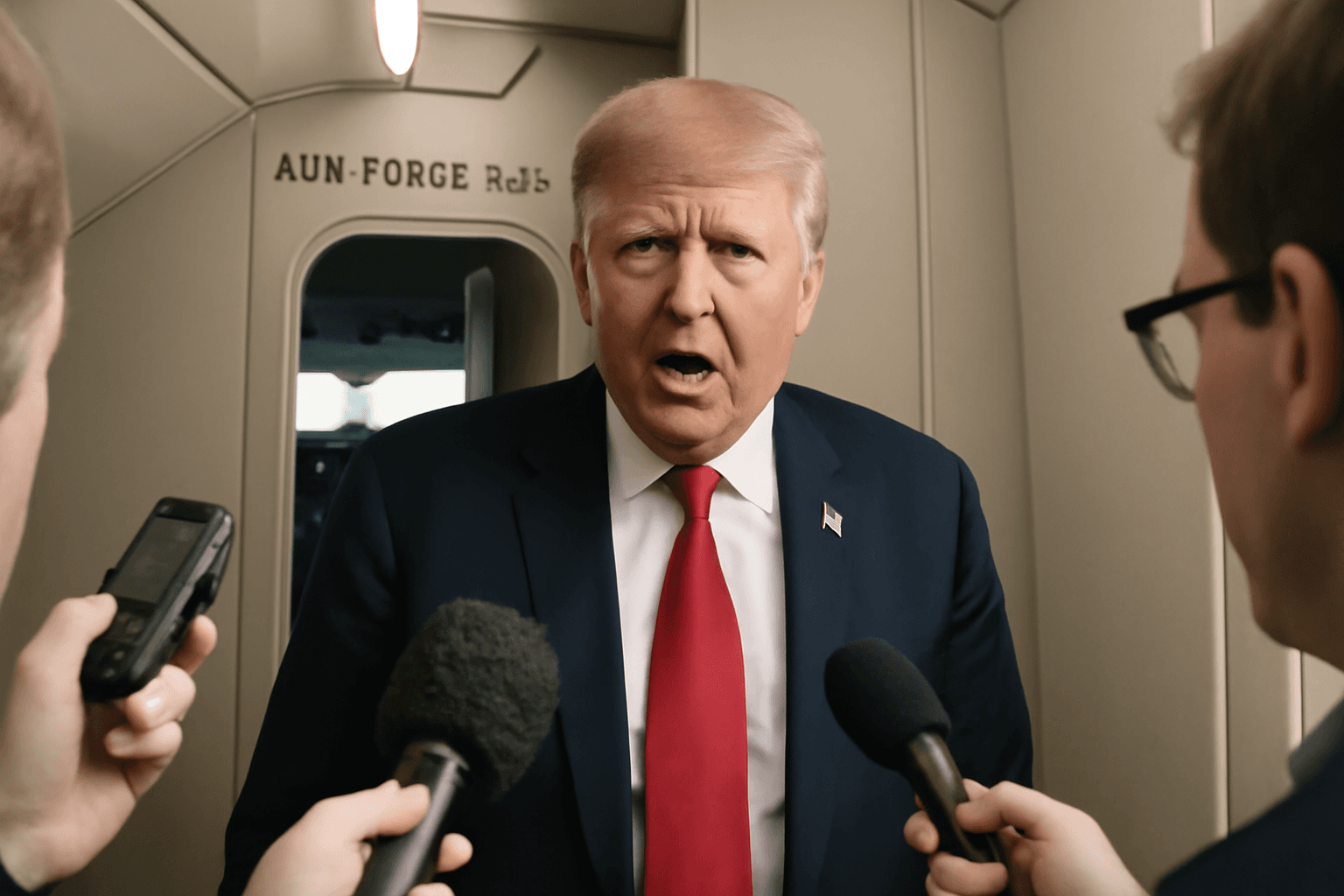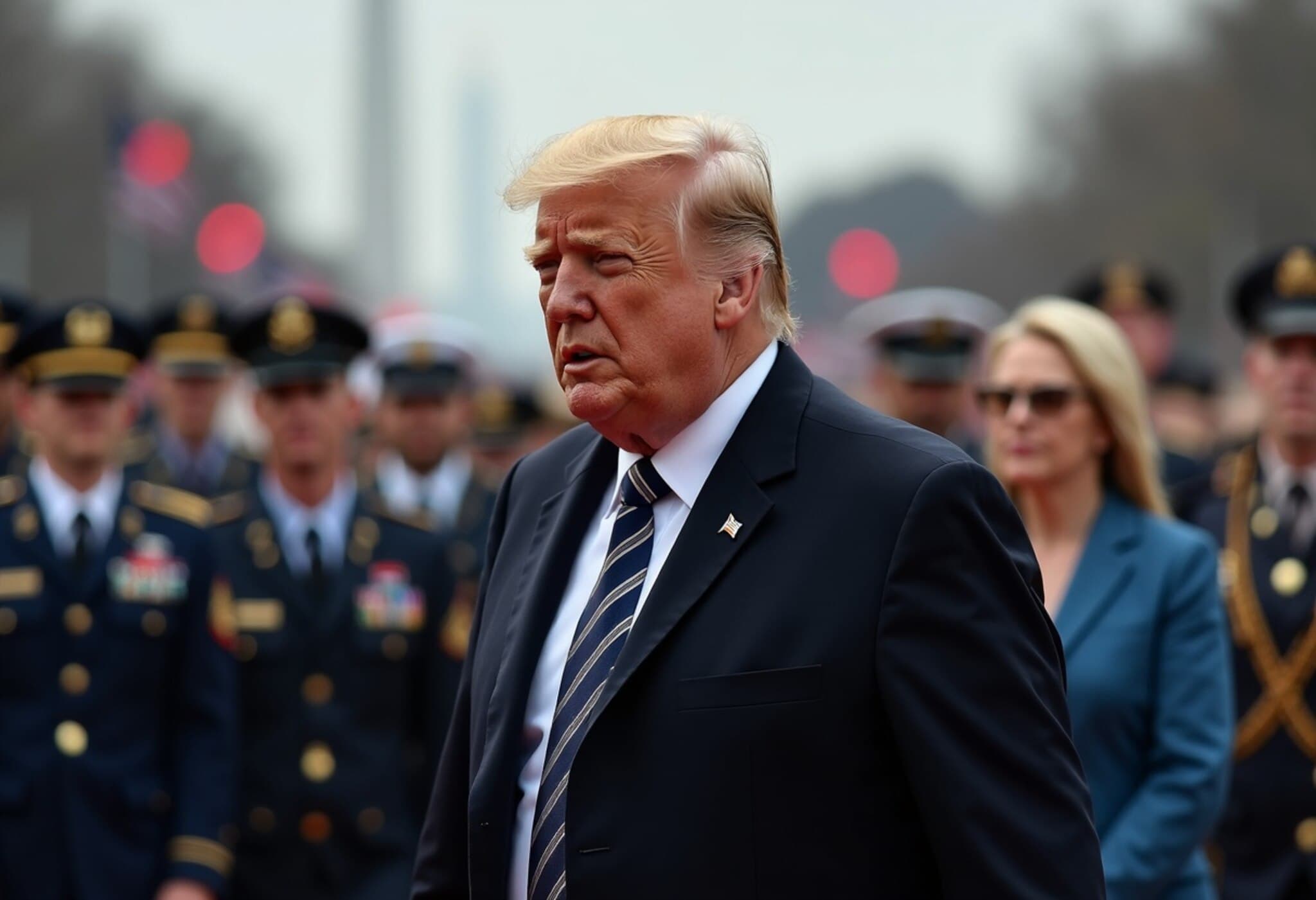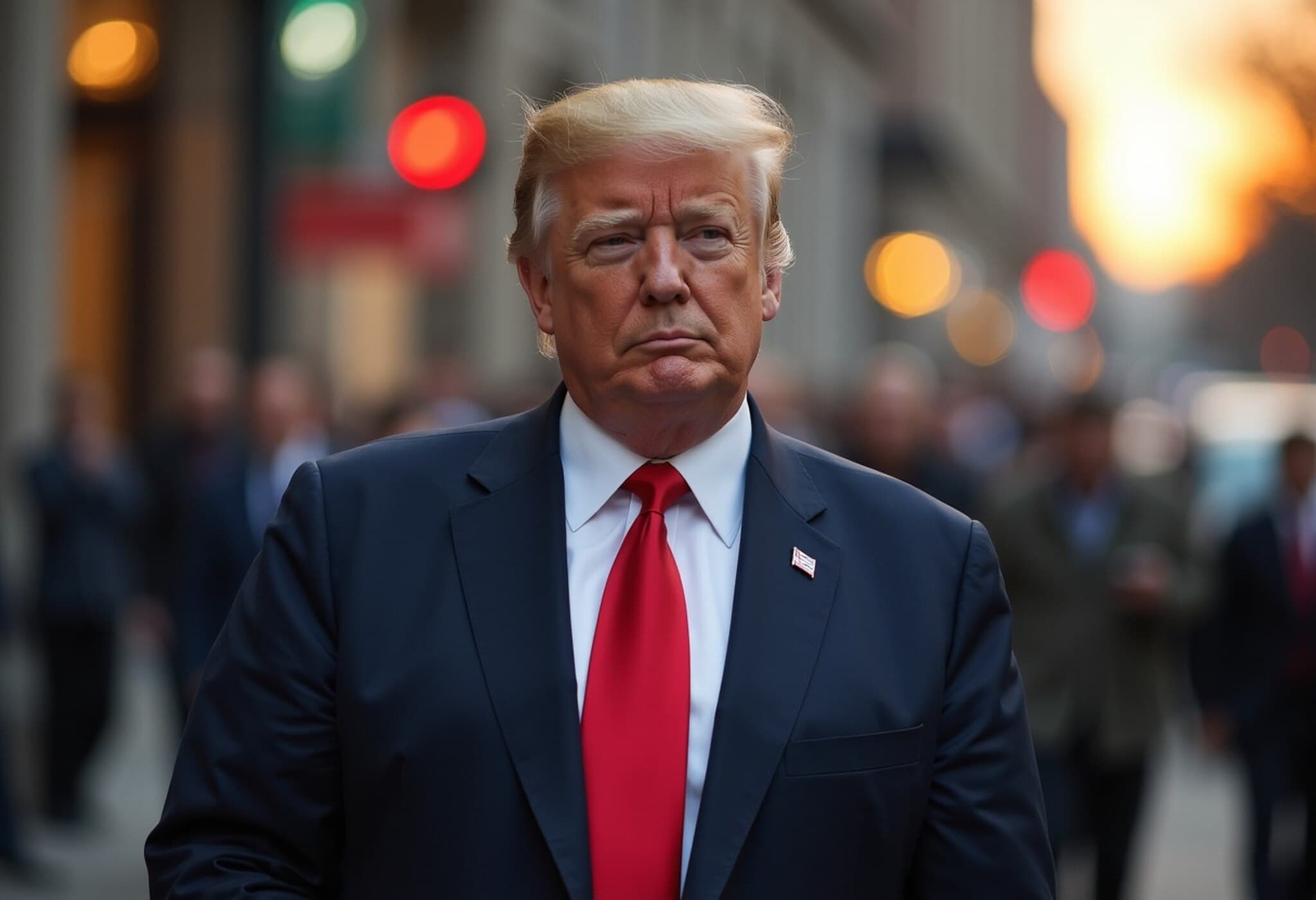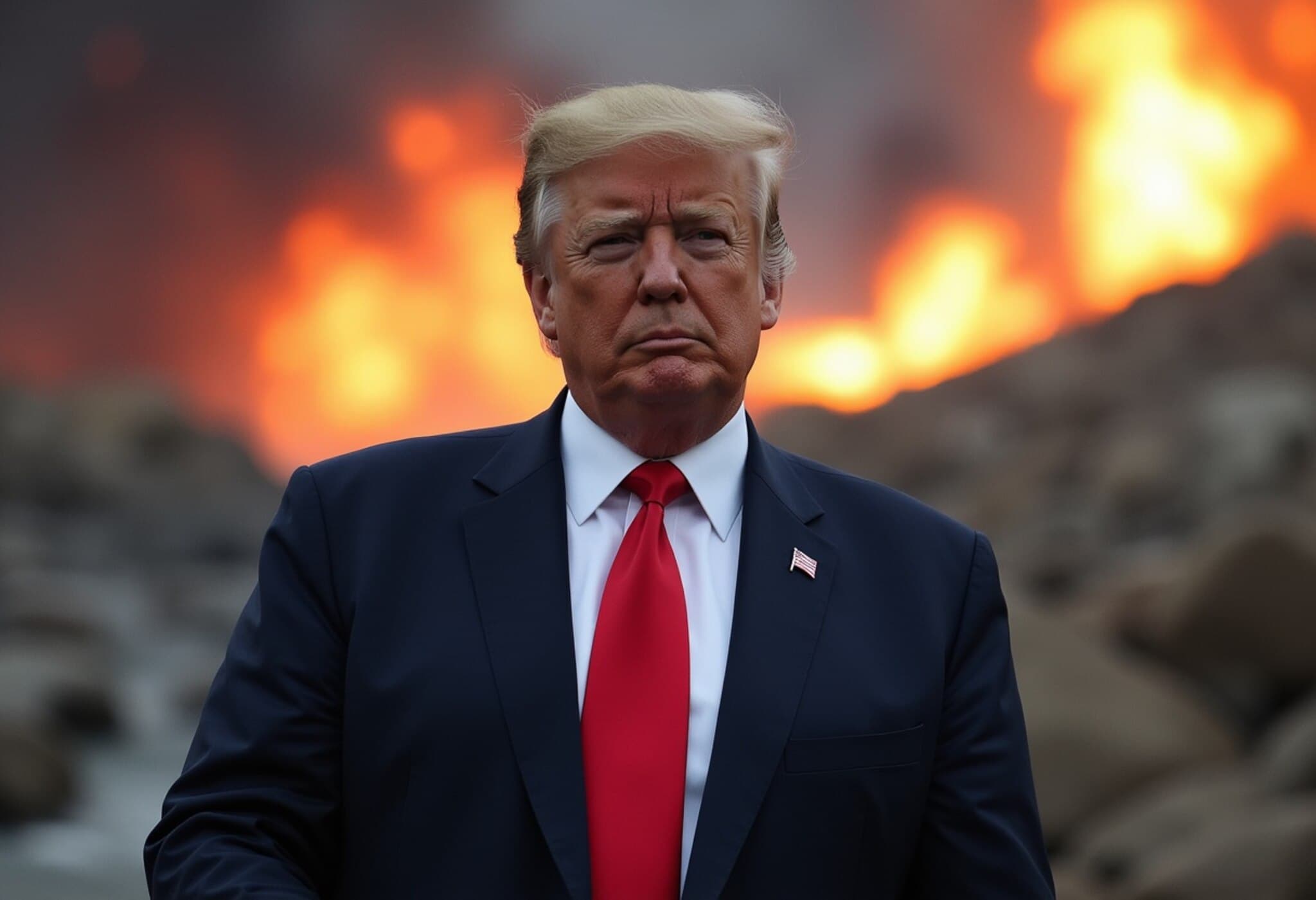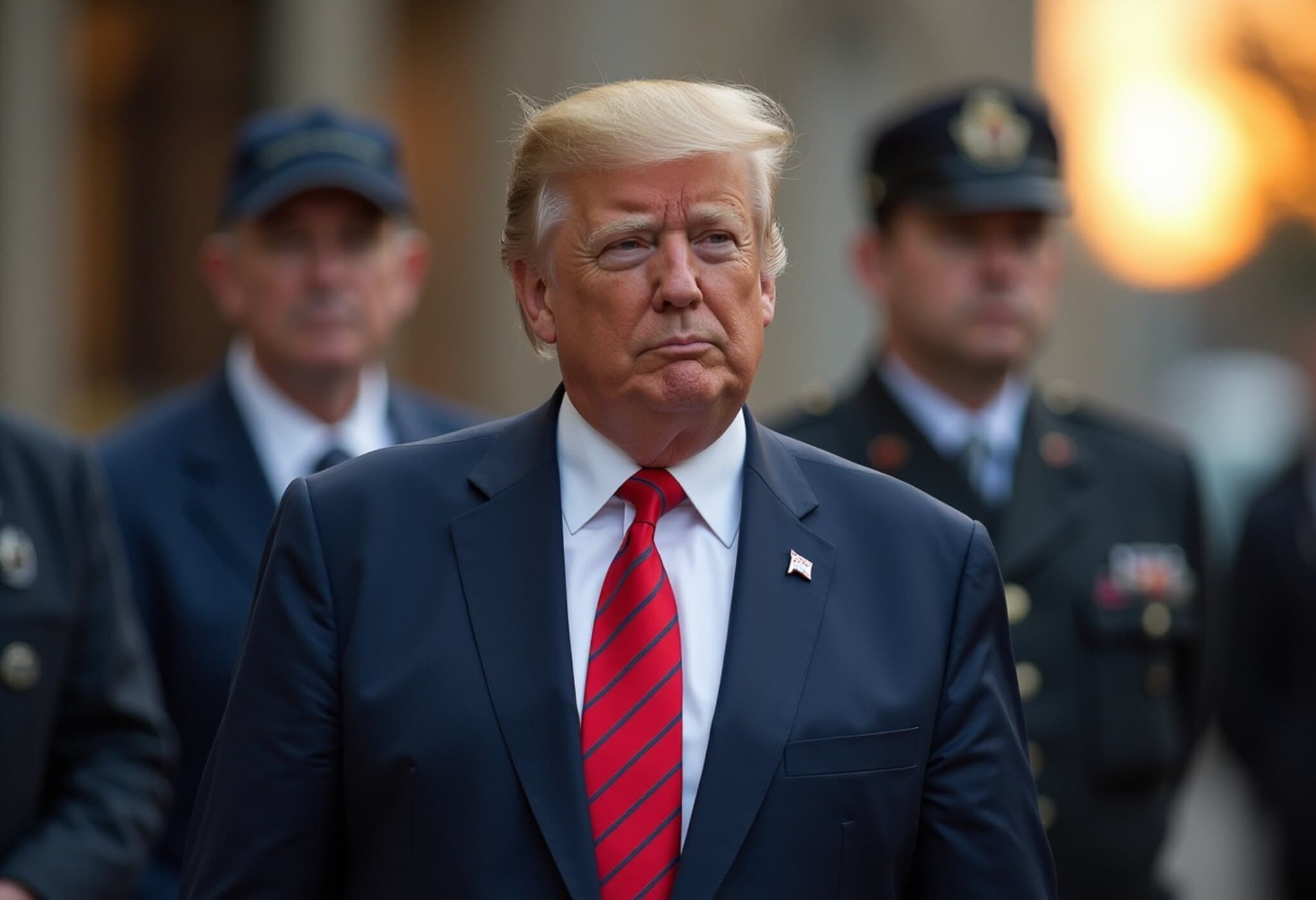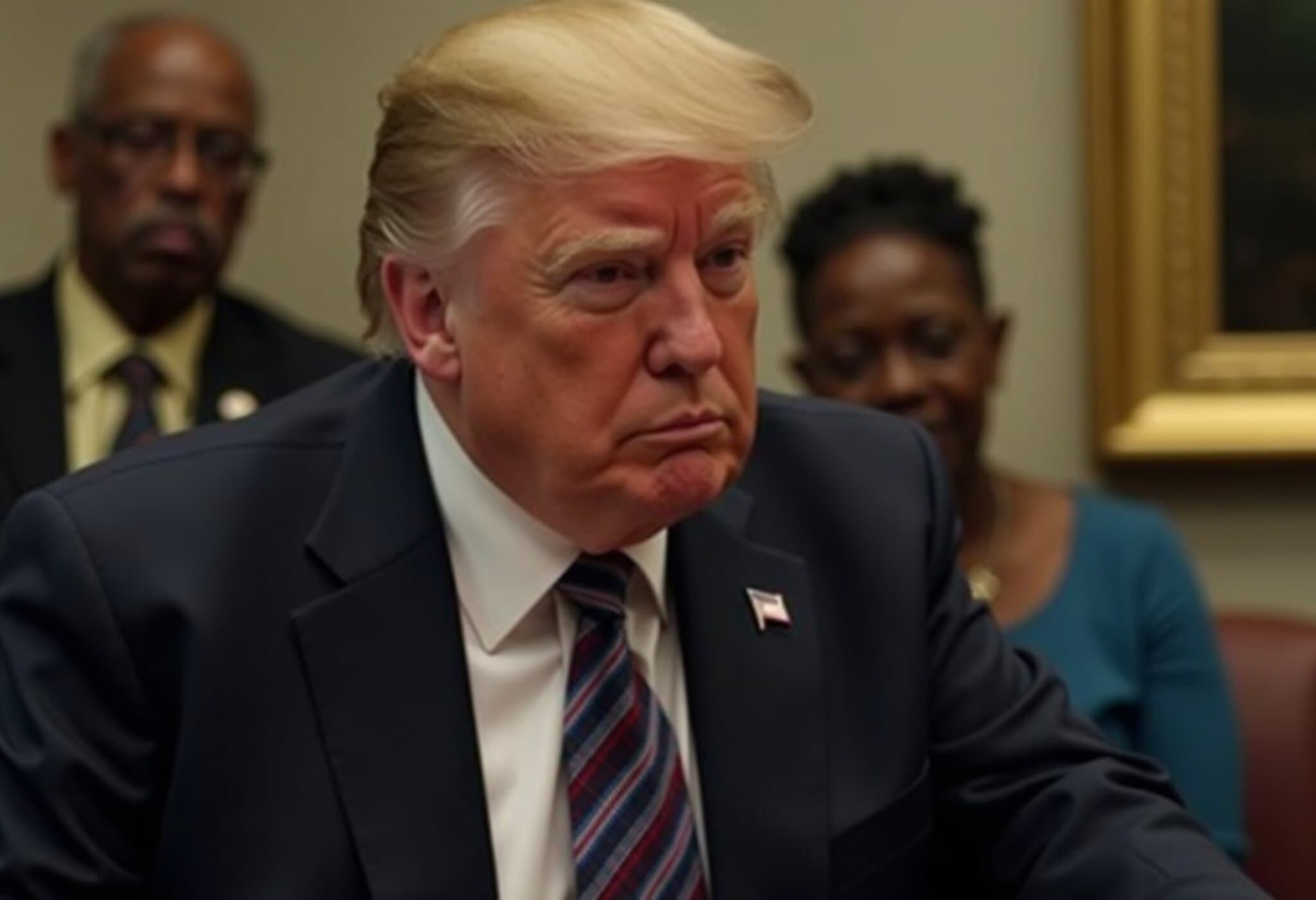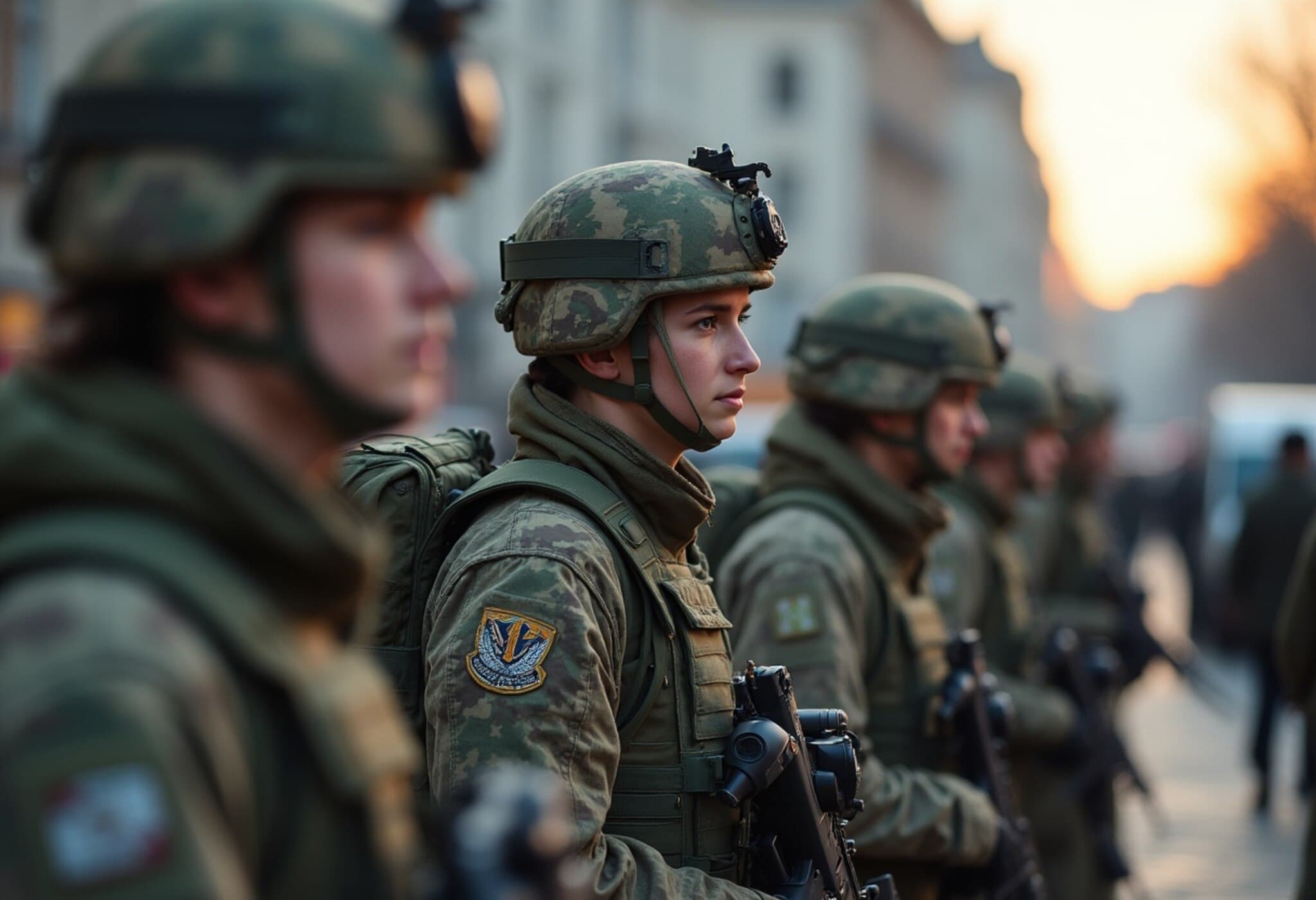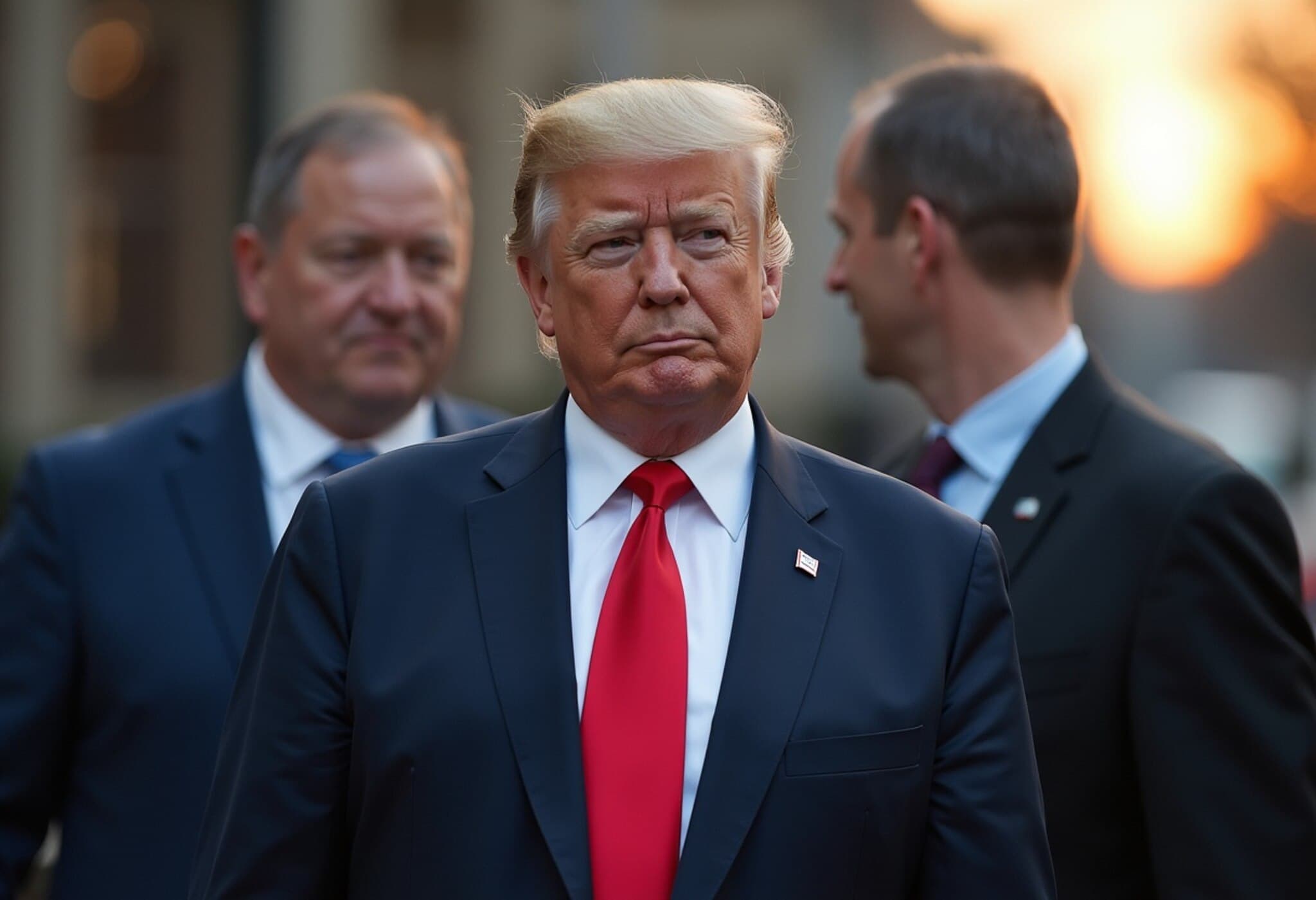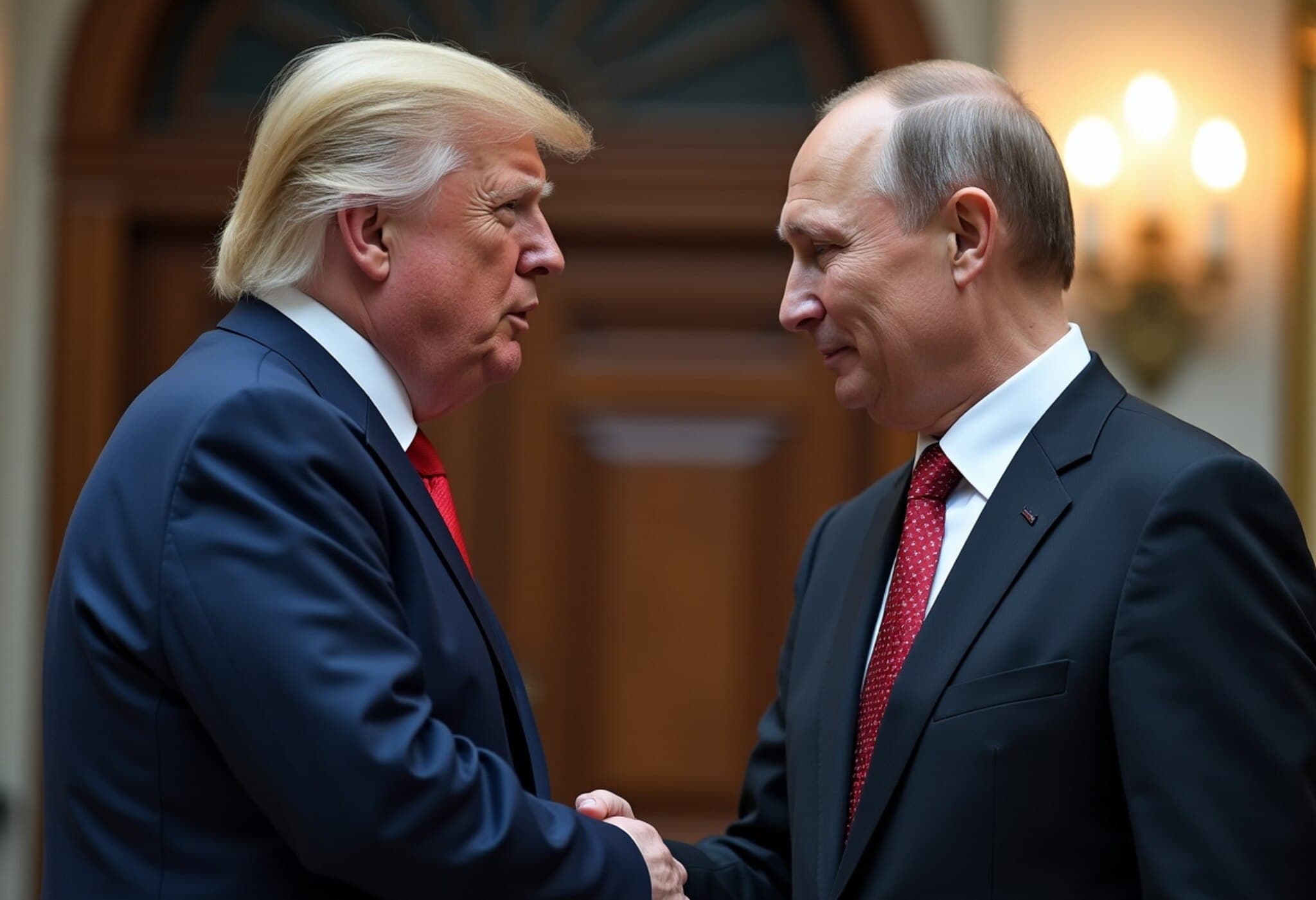Trump Casts Doubt on NATO Allies’ Commitment, Endorses UK Support
In a candid interview with the BBC, US President Donald Trump expressed skepticism regarding the willingness of several European Union countries to support the United States militarily in the event of war, while affirming his confidence in the United Kingdom’s solidarity.
Questioning NATO’s Mutual Defense Assurance
Trump highlighted a recurring concern about NATO’s guarantee of collective security, famously enshrined in Article 5 — which stipulates that an attack on one ally is an attack on all. Notably, this clause has been invoked only once, following the September 11, 2001 terrorist attacks.
“One of the problems with NATO, as I said, we have to fight for them, but will they actually fight for us if we had a war?” Trump asked, casting doubt on the uniformity of alliance commitments.
UK Exemptions Amid Tariff Threats
In a stark policy move, the Trump administration has exempted the UK from impending US tariffs that threaten to levy a 30% duty on European goods, part of a broader trade standoff with the European Union.
Trump explained that his trust in the UK’s defense posture was a key factor driving this decision. “I believe that the UK would fight with us. I think they would be with us,” he said. In contrast, he expressed reservations about many other NATO members, implying a hesitance to finalize trade agreements with them.
Implications for US-EU Relations and Security Policy
This stance underscores a strategic pivot emphasizing bilateral agreements over multilateral ones, particularly involving major trading partners and defense allies. The tariff threats loom large over EU-US commercial ties, already complicated by Brexit fallout and shifting transatlantic dynamics.
Experts suggest that Trump’s comments echo longstanding frustrations within the United States regarding uneven defense spending among NATO members. According to NATO statistics, only a handful of countries meet the alliance’s 2% GDP defense spending target, which the U.S. argues burdens American taxpayers disproportionately.
Underreported Dimensions: Political and Economic Undercurrents
- Political trust and alliance reliability: Trump’s doubts raise questions about how perceived reliability shapes defense and trade policy.
- Economic leverage: Tariffs are wielded as tools to pressure allies into greater expenditure or concessions.
- Broader impact on global security environment: Shifts in US commitment might embolden geopolitical competitors, altering the balance in Europe and beyond.
Regional and American Perspectives
For American policymakers and citizens alike, the dialogue around NATO and trade is more than strategic posturing—it influences defense budgets, international partnerships, and economic growth. The UK's favored position could deepen US-UK ties post-Brexit but also risk alienating important European allies, complicating future cooperative endeavors in defense and commerce.
Editor's Note
President Trump's remarks spotlight enduring tensions in NATO's cohesion and the shifting landscape of US-European relations. As the US leverages trade policies to express confidence (or the lack thereof) in military alliances, questions arise about the future solidarity of transatlantic cooperation. Will the US’s selective trust in allies reshape global security alliances? How will economic pressures influence diplomatic relations? These queries deserve close scrutiny as they have profound implications for international stability and American strategic interests.

